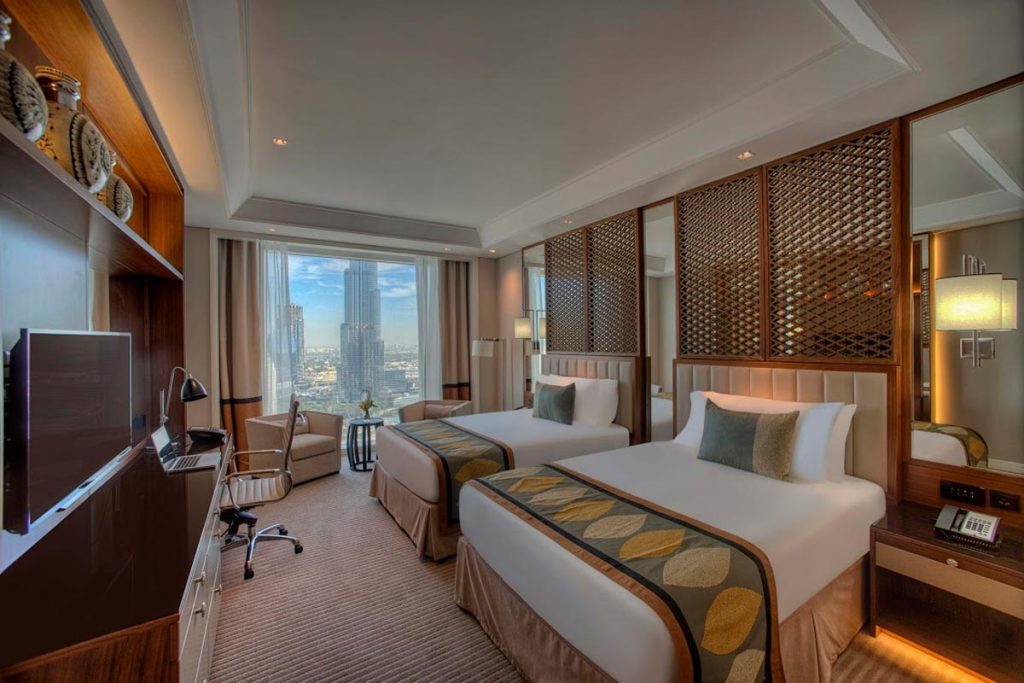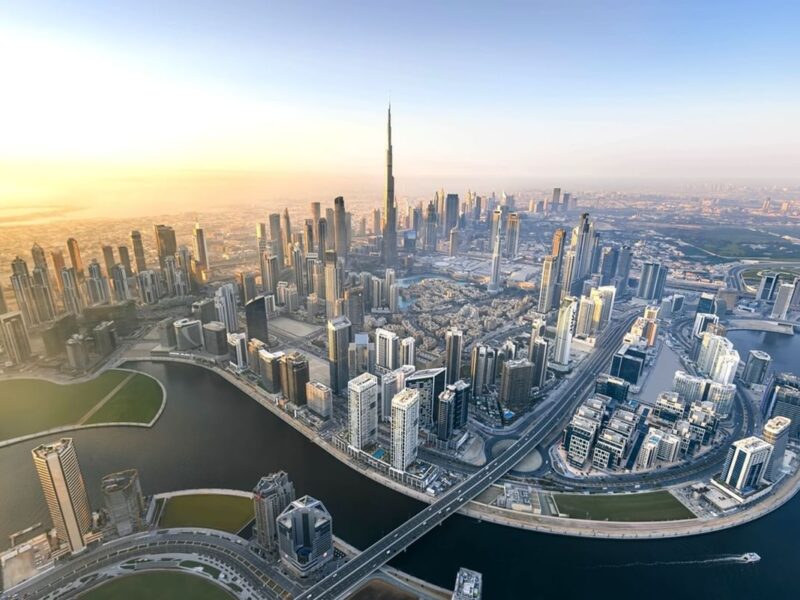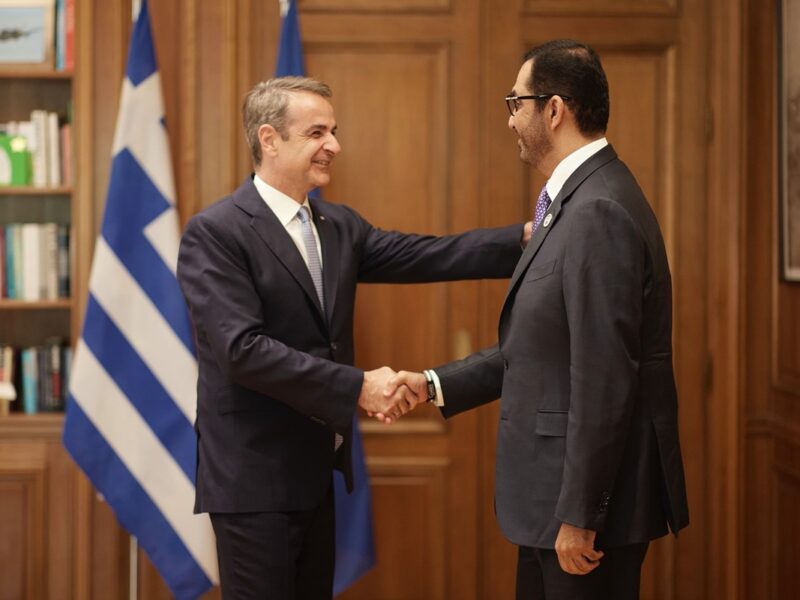We can all agree that when Covid hit, the bottom fell out of the hospitality industry for the first few months. Working in two markets from the UK to GCC, it was interesting to see how the two pivoted and who bounced back first.
When the UAE went into total lockdown, in a city such as London, we saw restaurants moving everything online, changing instagramable venues into instagramable packaging, and creating experiences at home to entice customers to keep coming back from Cookalongs to meal kits.
However, in the UAE, almost every business was locked down, and companies used the restrictions to actually pause their activations.
We also witnessed many of our favourite restaurants shut shop and saw hotels running at very low capacities. And although, the UAE may have locked down, but it opened up quicker than any other country, especially post 2021 Ramadan, and has not had to close again since then.
According to KPMG’s report, despite a turbulent year, the UAE has managed to record the second-highest occupancy rate globally in 2020 at 54.7 percent.
This year, we have seen an increase of 3.04m occupied room nights compared to 452,100 in January 2021.
From October 2020 in the UAE, we have seen brands from hotels to restaurants, fine dining, and fast-casual to dark kitchens grow.
Marketing has taken on another level. It is no longer about reacting anymore; it is about reinventing the wheel every quarter and coming up with the latest campaign that makes everyone put you at the front of their minds.
At the same time, understand that these campaigns depending on your audience, have to show brand loyalty, compassion, and entertainment. It is safe to say that the hospitality industry is now more reliant on marketing than ever.
In the Middle East’s 50 best Restaurants 2022, we have seen 64 percent of people choose independent restaurants over the mass chain, whereas previously, well-known international brands were at the forefront.
Pre-Covid, the mention of delivery to a fine dining brand would generally create a bad reaction, and it was 100 percent the banned word at restaurant conferences.

However, Covid forced this to change as it was the only means to keep the business alive.
The F&B groups are now embracing aggregators to increase revenue and are adding Ghost kitchens to their portfolio.
For instance, Buldozer, Acor, and Chef Izu are creating Kitch-in as a cost-effective option for eating with brands created by renowned fine-dining Chef Izu, serving the traditions of cuisine through a modern, technological platform.
We have also seen Global brand C3 enter the GCC market by introducing world-renowned brands, notable chefs such as Alvin Cailan, Dario Cecchini, and Morimoto to offer high-end meals with quality ingredients and exciting recipes affordable prices through ghost kitchens.
The increase of such umbrella kitchens demonstrates people want more than just a takeaway; they want an experience created by the experts.
Digital has also been a big part of the hospitality industry in 2022. With Pickl recently announcing that they are heading into the Metaverse, Facebook or should we now say Meta, we are seeing trends from introducing diverse concepts from VR menus to virtual reality dating.
NFTs have also transitioned into the hospitality industry and offer opportunities to create new customer bases, expand brand awareness and increase financial revenue.
The question is if we will all be living in the Matrix soon and how far will web3 go in the hospitality industry in the next five years…

A first of its kind proposition in the region was the recent Marriott launch of More Cravings, a gamification app presenting itself as the one-stop destination to discover a world of culinary-inspired inspiration all under the roof of Mariott Hotels. The platform has the most detailed search across all apps.
Additionally, we saw our tech guru Krush brands launch their community platform called Locale. This platform helps the independents’ foodpreneurs get their food and beverage brands out into the UAE market.
The announcement of the Michelin Guide’s Dubai launch cements Dubai’s position as a global culinary destination and is set to drive tourism achieving the city’s goal to become the number one touristic attraction globally. The emirate is also home to the latest and most innovative home-grown brands.
Without a doubt, the past two years have presented an opportunity to the hospitality industry to change or instead evolve and, in return, change their propositions to stay in the competition, maintain their guests, and address new customer behavior.









